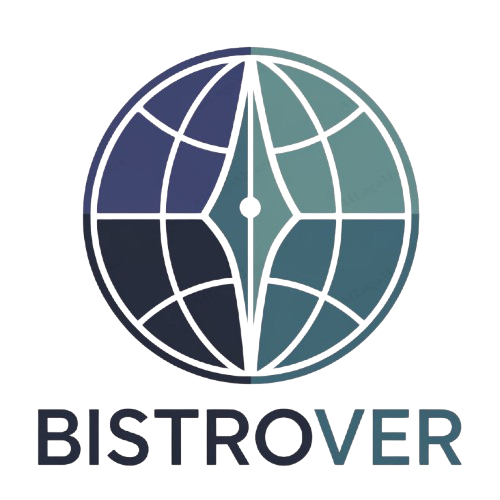7 Benefits of Chronic Care Management Programs for Patients
Chronic care management programs are a significant resource for people with long-term health problems. These programs provide planned, regimented care that helps patients preserve their health, control symptoms, and prevent needless hospital visits, thereby addressing the complexity of managing chronic conditions. These programs are a necessary part of modern healthcare as they actively help general quality of life and long-term health results, therefore transcending simple symptom treatment.
Enhanced Access to Medical Support
Patients in chronic care management programs benefit greatly from improved access to medical treatment, which is essential for efficiently treating long-term health conditions. Patients get constant, simplified communication with healthcare professionals instead of waiting for regular visits or handling scattered treatment. This constant access lets one make quick changes to drugs, lifestyle advice, and prompt assistance should symptoms get worse. Having this degree of assistance not only makes patients feel safer but also lowers their risk of crises by guaranteeing that they get medical treatment when necessary.
Improved Medication Management
Medication adherence is vital for individuals with chronic illnesses but can be difficult. Programs for chronic care management give individuals organized control to guarantee a proper understanding of their prescription schedule. Patients lower their risk of consequences from missing doses or improper use by getting direction on the value of following prescriptions. These programs also frequently include frequent follow-ups, which lets doctors track drug efficacy and make necessary changes. This individualized care helps patients avoid possible adverse effects and interactions between drugs, therefore enabling a safer and more efficient treatment experience.
Consistent Monitoring of Health Status
Consistent health monitoring of patients is a major advantage of chronic care management as it makes it easier to identify any changes in their condition. By use of routine check-ups and health evaluations, these initiatives keep healthcare practitioners updated about patient advancement and enable quick resolution of any indications of decline. Knowing that their health is being closely monitored helps patients relax and helps prevent small problems from developing into serious health crises to avoid escalation. With chronic care management, early intervention becomes feasible, therefore lowering the risk of problems and improving the outcomes of health.
Personalized Care Plans
The development of individualized care plans based on the particular requirements and medical circumstances of each patient is one of the distinguishing characteristics of chronic care management programs. These care plans provide a more complete and unique way to manage chronic conditions by including a patient’s lifestyle, medical history, and particular health objectives. The outcome is a healthcare experience that fits the patient’s particular needs, facilitating treatment plan and attainment of better outcomes.
Reduced Hospitalization and Emergency Visits
Patients involved in chronic care management programs have noticeably fewer hospital stays and ER visits. By emphasizing early intervention, preventative treatment, and frequent follow-ups, these programs enable patients to properly control their diseases, therefore preventing health problems from getting to critical levels. Reduced hospital stays help patients as well as allow them to devote resources toward long-term care instead of crisis management. Consulting reliable chronic care management programs that offer a sustained method of treatment that guarantees patients receive the required assistance to be healthy without the disturbances associated with emergency care.
Increased Patient Education and Empowerment
Education is an essential component of chronic care management, providing patients with the knowledge they need to manage their health more efficiently. By means of these initiatives, patients get knowledge about their illnesses, available treatments, and lifestyle changes meant to enhance their quality of life. This empowerment enables patients to participate actively in their treatment, therefore developing their sense of accountability and trust in their condition management. Understanding how their everyday decisions impact their health helps patients to develop better habits, which results in better outcomes.
Better Coordination Among Healthcare Providers
Chronic care management programs improve communication and coordination between the numerous healthcare providers engaged in a patient’s care. Effective coordination guarantees that all elements of therapy are in line for patients with complicated diseases needing several experts, therefore lowering the possibility of contradicting advice or duplicated testing. Patients who gain from a consistent healthcare plan will have a flawless experience to this integrated approach. Working collaboratively, the healthcare practitioners in these initiatives maximize the patient’s treatment by distributing significant updates and coordinating treatment plans.
Conclusion
Chronic care management programs provide patients with tremendous advantages that go beyond conventional medical treatment. They enable patients to properly control their chronic diseases by means of a framework for regular monitoring, tailored assistance, and preventative care. These initiatives greatly help patients’ health and well-being by raising drug adherence, lowering emergency visits, and boosting patient education. Effective coordination among healthcare professionals helps patients to get a more coherent and simplified healthcare experience, which finally results in improved long-term outcomes.







